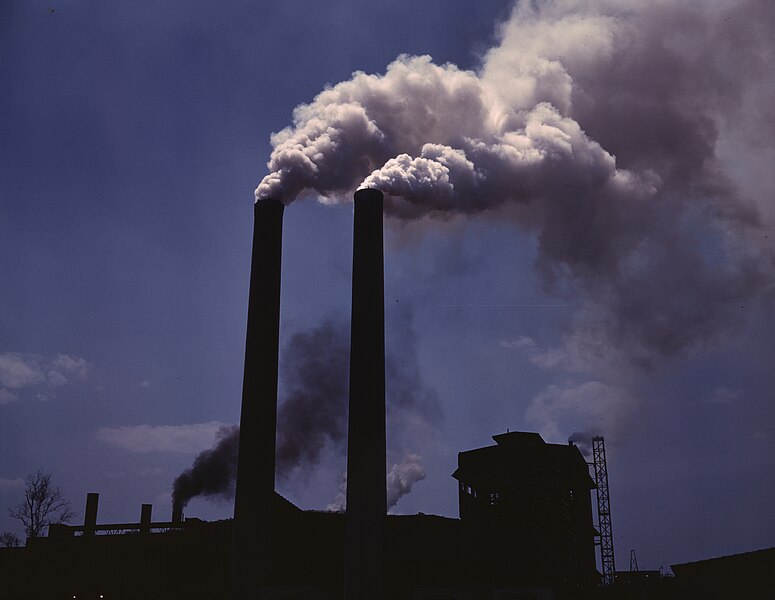The New Zealand government recently unveiled its second Emissions Reduction Plan, saying it will meet its net zero 2050 target as early as 2044.
The plan outlines a path to keep New Zealand on track to meet its climate change targets while supporting the economy to thrive, said Climate Change Minister Simon Watts.
The plan has targeted actions in the sectors that produce the greatest emissions, including agriculture, transport, energy, and waste, as well as the New Zealand Emissions Trading Scheme (NZ ETS) and sustainable finance.
The new key policies that will have the greatest potential emissions savings over the next five years are enabling more renewable energy projects, recognizing carbon capture, utilization and storage in the NZ ETS, targeting a network of 10,000 EV charging points by 2030, and introducing agricultural emissions pricing by 2030 and incentivizing the uptake of new technologies.
The new policies also include exploring private-sector partnerships to plant trees on low-conservation government-owned land, introducing a regulated product stewardship scheme for refrigerants from 2025, leveraging the Waste Minimization Fund to enable resource recovery systems and infrastructure to process organic waste, and improving organic waste management and landfill gas capture to increase landfill gas recovery rates.
The private sector plays an important role in reducing New Zealand’s emissions.

